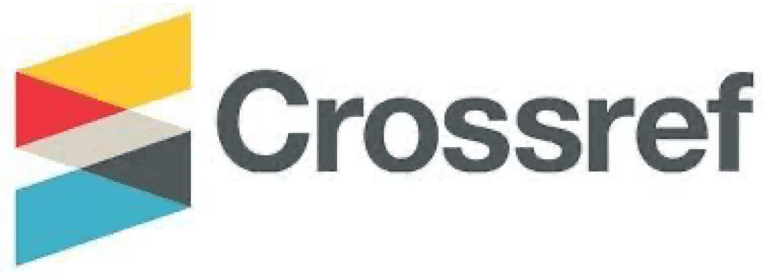SIFAT FISIK IJUK DAN POTENSINYA SEBAGAI PERINTANG FISIK SERANGAN RAYAP TANAH
DOI:
https://doi.org/10.24259/perennial.v2i1.148Abstract
The fiber of sugar-palm tree Arenga pinnata Merr., locally known as ijuk, is traditionally used as covering to protect ground-contact wood construction materials although effectiveness of the material in protecting wood construction from biodeterioration has not been determined. In the current study, potential of the sugar-palm tree fiber as a physical barrier against termite attacks was analyzed in terms of their structure and physical characteristics. Samples of sugar-palm tree fibers from natural and marketed formations were prepared and determined for their fiber distribution, shapes, sizes, moisture content, density, and sheet grammage since these aspects were considered to be important factors influencing the penetration ability of termites. Results showed that each of the sugar-palm tree fibers has different shapes (half-round, round, rectangle) and different sizes (ranging from 0.05 to 1.00 mm in thickness). It was also found to have 3-5 ramifications with the angle of 10o – 30o. The process of branching out was supposed to initiate a natural insertion of each formed fiber to others. It is believed that fibers with particular arrangements are able to prevent the penetration or tunneling of termites. Keywords: Sugar- palm tree fiber, physical barrier, subterranean termitesDownloads
Submitted
2016-04-27
Published
2006-01-01
How to Cite
Arif, A., Muin, M., & Syahidah, . (2006). SIFAT FISIK IJUK DAN POTENSINYA SEBAGAI PERINTANG FISIK SERANGAN RAYAP TANAH . PERENNIAL, 2(1), 12–15. https://doi.org/10.24259/perennial.v2i1.148
Issue
Section
Articles







